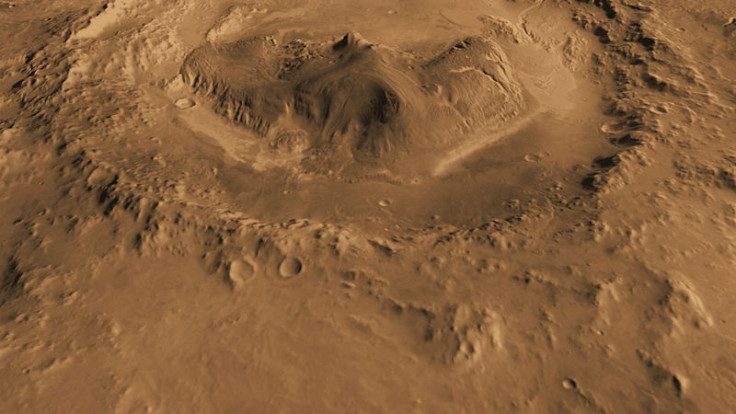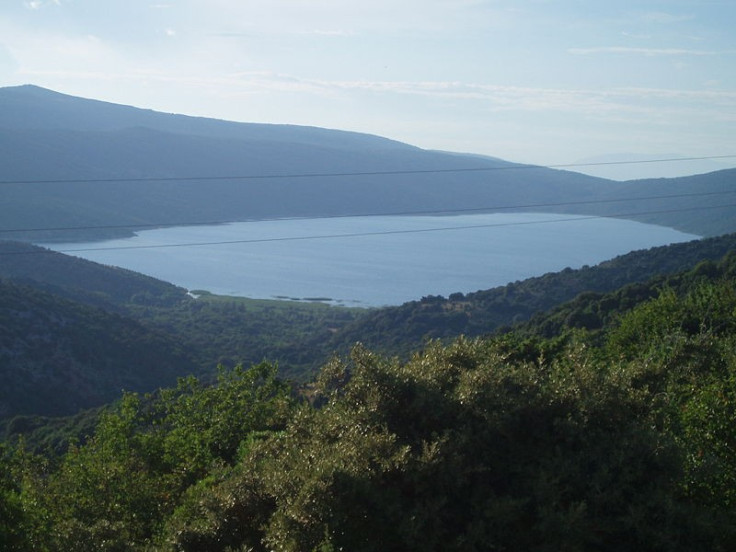Ancient Freshwater Lake on Mars Suitable of Sustaining Alien Life
Scientists edge closer to answering questions about life on Mars

An ancient freshwater lake able to support alien life has been discovered on Mars.
Scientists found evidence of the ancient lake after analysing a set of sedimentary rock outcrops at a site called Yellowknife Bay in the Gale Crater near the Martian equator.
Published in the journal Science, the findings of a team of researchers from Nasa's Mars Science Laboratory Curiosity rover mission found that the Gale Crater, a 150km-wide impact basin with a mountain in the centre, had at least one lake 3.6 billion years ago.
Mudstone from the crater revealed that the lake could have existed for hundreds of thousands of years.
Analysis of the rocks suggest the lake was calm and probably had freshwater containing key biological elements, including hydrogen, oxygen, nitrogen and sulphur - perfect conditions to support life.

They said the conditions would have been particularly good for microbial life such as chemolithoautotrophs, which are commonly found in caves around hydrothermal vents on Earth and break down rocks and minerals for energy.
In previous studies, researchers have found evidence of water on Mars' surface. This latest study is the strongest evidence that the Red Planet could have had the conditions for life to thrive.
Sanjeev Gupta, a member of the MSL mission from the Department of Earth Science and Engineering at Imperial College London, said: "It is important to note that we have not found signs of ancient life on Mars. What we have found is that Gale Crater was able to sustain a lake on its surface at least once in its ancient past that may have been favourable for microbial life billions of years ago. This is a huge positive step for the exploration of Mars.
"It is exciting to think that billions of years ago, ancient microbial life may have existed in the lake's calm waters, converting a rich array of elements into energy.
"The next phase of the mission, where we will be exploring more rocky outcrops on the crater's surface, could hold the key whether life did exist on the red planet."
© Copyright IBTimes 2025. All rights reserved.






















